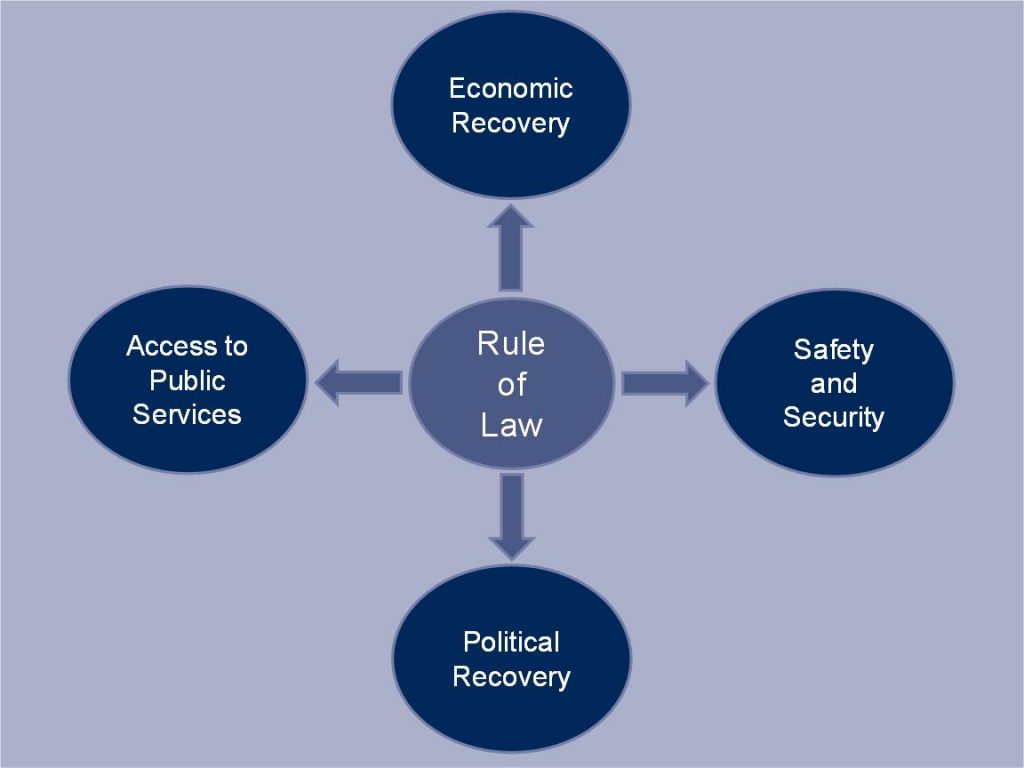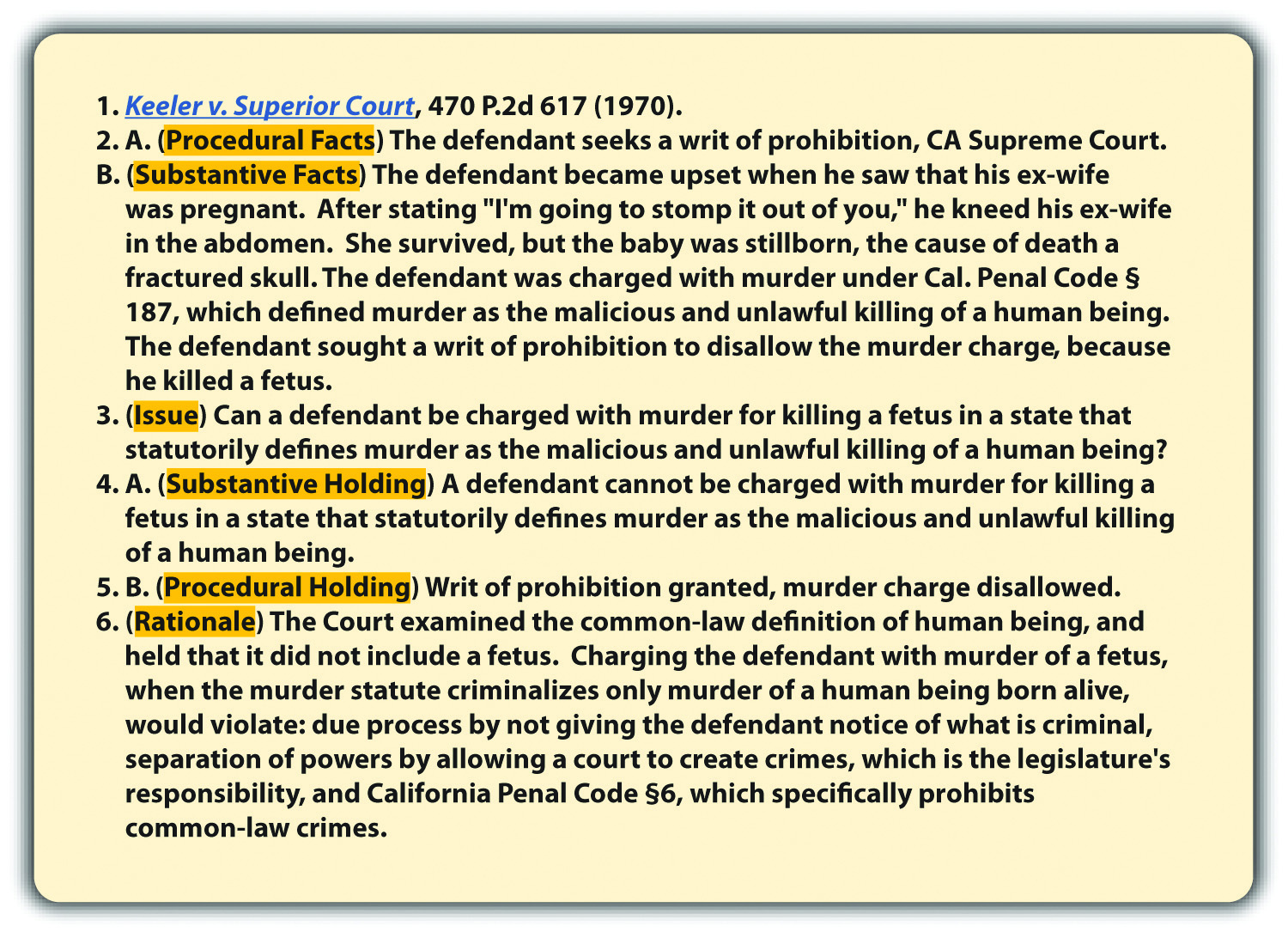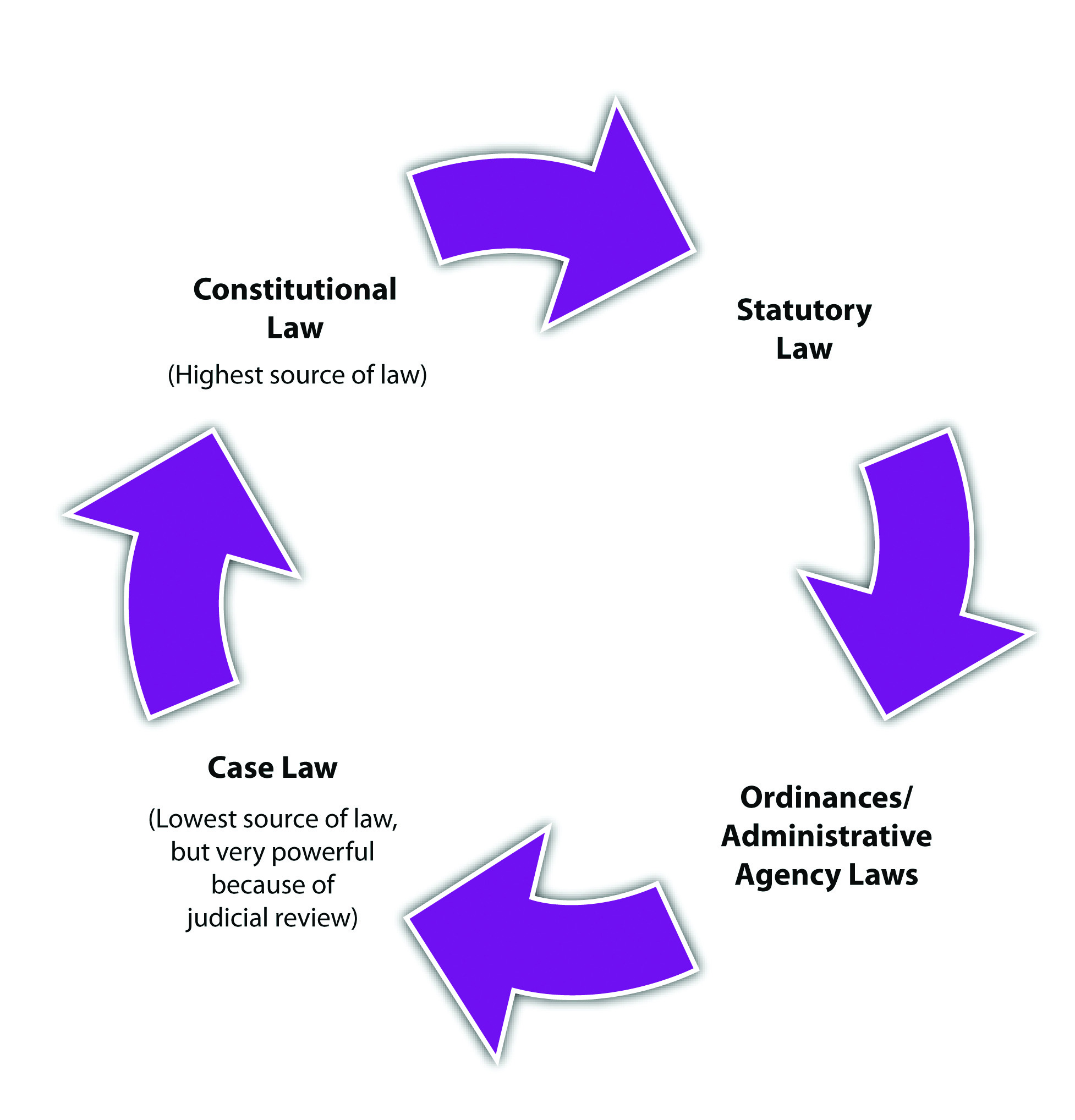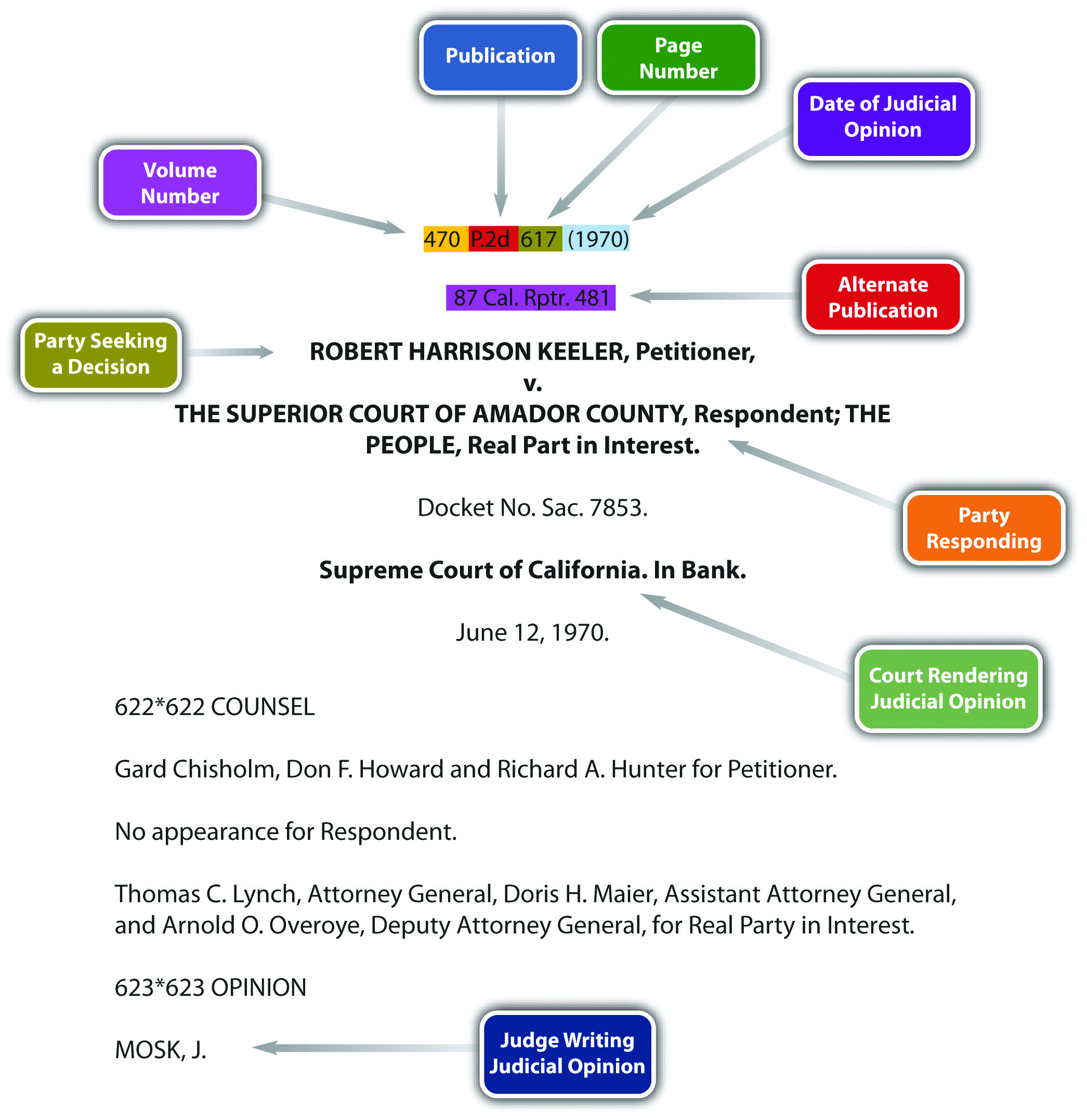Rule Of Judicial Review Definition
10 JUDICIAL REVIEW AND THE RULE OF LAW is some judicial support for the proposition that while the supremacy or sovereignty of Parliament is still the general principle of our constitution the principle is not absolute and because the principle was created by judges judges could decide not to follow it in certain circumstances such. It is the means by which executive action is prevented from 4 Simon Young Privative Clauses.
 This Resource Examine The Nsw Bail Laws And The Criminal Justice Process In Nsw And The Rule Of Law In Austral Law School Life Law School Inspiration Law Notes
This Resource Examine The Nsw Bail Laws And The Criminal Justice Process In Nsw And The Rule Of Law In Austral Law School Life Law School Inspiration Law Notes
It is no small wonder then to find that the power of the federal courts to test federal and state legislative enactments and other actions by the standards of what the Constitution grants.

Rule of judicial review definition. On executive branch agencies. The exercise of judicial review is subject to important rules of judicial self-restraint which restrict the Supreme Court and state courts as well from extending its power. Politics Legality and the Constitutional Dimension in Matthew.
In the United States judicial review is the legal power of a court to determine if a statute treaty or administrative regulation contradicts or violates the provisions of existing law a State Constitution or ultimately the United States Constitution. The Rules of the Code of Judicial Conduct are rules of reason that should be applied consistent with constitutional requirements statutes other court rules and decisional law and with due regard for all relevant circumstances. Judicial review is one of the distinctive features of United States constitutional law.
Actions judged inconsistent are declared unconstitutional and therefore null and void. Judicial review and Parliamentary Sovereignty This is upheld as judges check that bodies do not exceed discretionary powers given to them by Parliament. Judicial review is designed to be more impartial than review by other institutions of government.
The Supreme Court will hear only cases or controversies actual live disputes between adversary parties who. This does not mean however that it is immune to policy considerations or to changes in the needs and political attitudes of the people. Types of Rulemaking The APA describes rulemaking as the agency process for formulating amending or repealing a.
Judicial review is neither more nor less than the enforcement of the rule of law over executive action. Judicial review - review by a court of law of actions of a government official or entity or of some other legally appointed person or body or the review by an appellate court of the decision of a trial court. Judicial review and the Rule of Law Courts use the principles of the rule of law to set appropriate boundaries for administrative or executive actions where statute does not make this clear.
Judicial review is a fundamental principle of administrative law. Judicial review is the idea fundamental to the US system of government that the actions of the executive and legislative branches of government are subject to review and possible invalidation by the judiciary. The report concludes with a discussion of judicial review of agency action with a focus on the arbitrary and capricious test and the review of rule repeals and other changes in agency policy.
Where there is no effective means of challenge judicial review is available. The definition of judicial review in the Civil Procedure Rules governing English court proceedings CPR refers to a decision action or failure to act in relation to the exercise of a public function 1. Judicial Review can be understood as a form of court proceeding usually in the Administrative Court where the lawfulness of a decision or action is reviewed by the judge.
It is significant that the definition focuses on the nature of the function being performed rather than. It undermines the sovereignty and exclusive lawmaking authority of Parliament by taking away the courts supervisory jurisdiction while simultaneously divesting courts. Judicial review power of the courts of a country to examine the actions of the legislative executive and administrative arms of the government and to determine whether such actions are consistent with the constitution.
Judicial review allows the Supreme Court to take an active role in ensuring that the other branches of government abide by the constitution. A distinctive feature of judicial review is that the appeal is not usually limited to errors in law but may be based on alleged errors on the part of the administrative agency on findings of fact.
 Rule Of Law And The Dicey Concept Ipleaders Blog
Rule Of Law And The Dicey Concept Ipleaders Blog
 Judicial Review Definition Forms Facts Britannica
Judicial Review Definition Forms Facts Britannica
 Admiralty Law Liberal Dictionary Admiralty Law Law Works Law
Admiralty Law Liberal Dictionary Admiralty Law Law Works Law
 Character And Attitude Google Search Psychology Notes Writing Skills English Writing Skills
Character And Attitude Google Search Psychology Notes Writing Skills English Writing Skills
 Flow Chart About Exclusionary Rule 3 Studying Law Law School Prep 4th Amendment
Flow Chart About Exclusionary Rule 3 Studying Law Law School Prep 4th Amendment
 Standards Of Review De Novo Clearly Erroneous And Reasonableness Subscript Law
Standards Of Review De Novo Clearly Erroneous And Reasonableness Subscript Law
 What Is The Difference Between Law And Morality Pediaa Com Psychology Notes Writing Skills English Writing Skills
What Is The Difference Between Law And Morality Pediaa Com Psychology Notes Writing Skills English Writing Skills
Principles Rule Of Law Education Centre
 1 6 Sources Of Law Criminal Law
1 6 Sources Of Law Criminal Law
 Jurisdiction Of Magistrate 1st 2nd 3rd Class Legal And Territorial J Informative Legal Advice Legal Services
Jurisdiction Of Magistrate 1st 2nd 3rd Class Legal And Territorial J Informative Legal Advice Legal Services
 1 6 Sources Of Law Criminal Law
1 6 Sources Of Law Criminal Law
 How To Use The Irac Method Of Legal Reasoning And Analysis Studying Law Law School Word Choice
How To Use The Irac Method Of Legal Reasoning And Analysis Studying Law Law School Word Choice
 Useful Legal Law Idioms Sayings And Phrases 7esl English Idioms Idioms Law School Inspiration
Useful Legal Law Idioms Sayings And Phrases 7esl English Idioms Idioms Law School Inspiration
 Uollb Company Law Law Notes Studying Law Bachelor Of Laws
Uollb Company Law Law Notes Studying Law Bachelor Of Laws
 1 6 Sources Of Law Criminal Law
1 6 Sources Of Law Criminal Law
 Difference Between Inquiry And Trial Writinglaw Law Notes Studying Law Criminal Procedure
Difference Between Inquiry And Trial Writinglaw Law Notes Studying Law Criminal Procedure
 Crime And Law Vocabulary Worksheets Law And Crime Law School Life Law School Inspiration
Crime And Law Vocabulary Worksheets Law And Crime Law School Life Law School Inspiration


Post a Comment for "Rule Of Judicial Review Definition"